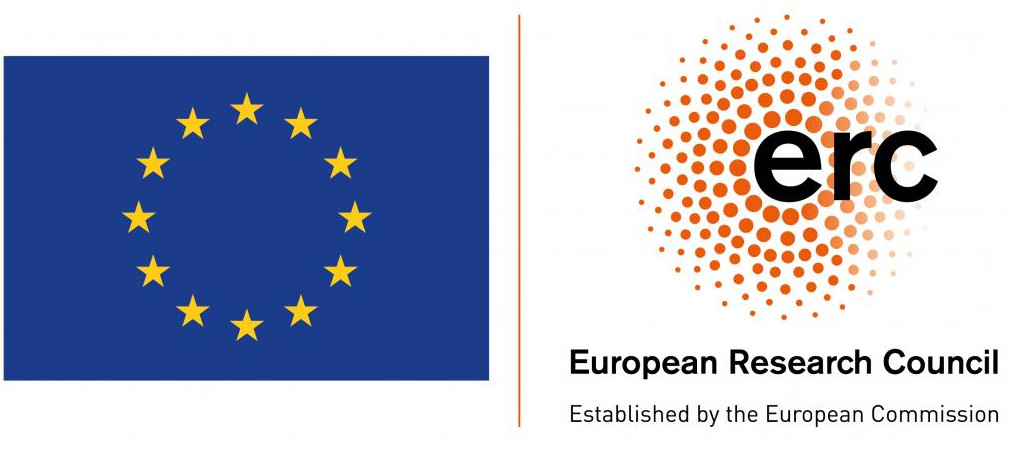Over the past decade, Russia’s ruling elites have massively stepped up their efforts to influence media audiences abroad. Amongst others, Russia has been alleged to have sought to sway votes in Austria, France, Germany, Ukraine, and the US. This project’s overarching research question is: How, and with what consequences, have new Internet-based technologies contributed to the emergence of novel resources, techniques, and processes by which political elites in Moscow can influence media audiences abroad?
In order to address this question, a theoretical work package (WP4) will undertake the first major systematic effort to interrogate how much, or how little, we can leverage extant in-depth knowledge of former-Soviet foreign propaganda, conducted in the broadcast era, in order to make sense of Russia’s recent digitally-enabled efforts. WP4 will be informed by three empirical WPs. They will scrutinize three heavily digitally-enabled elements of Russia’s recent efforts. Methodologically, WP1-3 are highly innovative because they combine new computational methods (data mining, automated text analysis) with traditional methods (surveys, in-depth interviews, grounded theory).
In response to Russia’s recent efforts, countermeasures have been ushered in by a plurality of actors, including the EU, NATO, and NGOs. These actors will benefit from the knowledge generated, which will enable them to enhance their initiatives to secure democratic electoral processes against undue informational interference.

WP1 focuses on the foreign online audiences of Russia-related content and how these audiences curate, co-create and disseminate such content. The goal is to garner a better understanding of the audiences who consume the content of the Russian or Russia-affiliated media outlets by looking at their media diets, their online participation and their individual backgrounds. To address different dimensions of the audiences that might consume Russia-affiliated and Russian content, WP1 is sub-divided into two major studies; one examines the Russian-speaking audiences (WP1a), and another one focuses on active audiences of Russia-affiliated media outlets such as RT German (WP1b). Germany is chosen as a primary case-study of the package, due to its unique situation as the European state with the biggest number of Russian-speaking migrants and also as a state in which Russia-sponsored media outlets, such as RT German and Sputnik, have yielded large audiences. In doing so, WP1 will close a major gap in the current research, being the first in-depth study to investigate these audiences.
To receive further information about WP1a, please contact Anna Ryzhova (Anna.Ryzhova@uni-passau.de). For more information about WP1b, please contact Arista Beseler (Arista.Beseler@uni-passau.de).
WP2 will produce research about how social media platforms function as key transmission channels that connect Russia’s domestic media with Russian-speaking audiences abroad. It will generate empirical knowledge that is pivotal to evaluate the influence of Russia‘s domestic, Kremlin-controlled news outlets on Russian-speaking audiences abroad and illustrate new approaches to study the audiences of public social media pages by combining computational with traditional social science methods.
Having conducted an exploratory data mining effort assessing Facebook data, we are happy to present the following preliminary observations about Russia’s domestic media:
To receive further information about WP2, please contact Julia Kling (Julia.Kling@uni-passau.de).
WP3 will be the first study to scrutinize the role of the Kremlin-controlled search engine Yandex as a resource of foreign influence.
To receive further information about WP3, please contact Daria Kravets (Daria.Kravets@uni-passau.de).
WP4 will undertake the first major systematic effort to interrogate how much, or how little, we can leverage extant in-depth knowledge of former-Soviet foreign propaganda, conducted in the broadcast era, in order to make sense of Russia’s recent digitally-enabled efforts.
To receive further information about WP4, please contact Professor Florian Toepfl (Florian.Toepfl@uni-passau.de).
This project is affiliated with the Chair of Political Communication with a Focus on Eastern Europe and the Post-Soviet Region.

The project has received funding from the European Research Council (ERC) under the European Union’s Horizon 2020 research and innovation programme (Grant agreement number 819025).